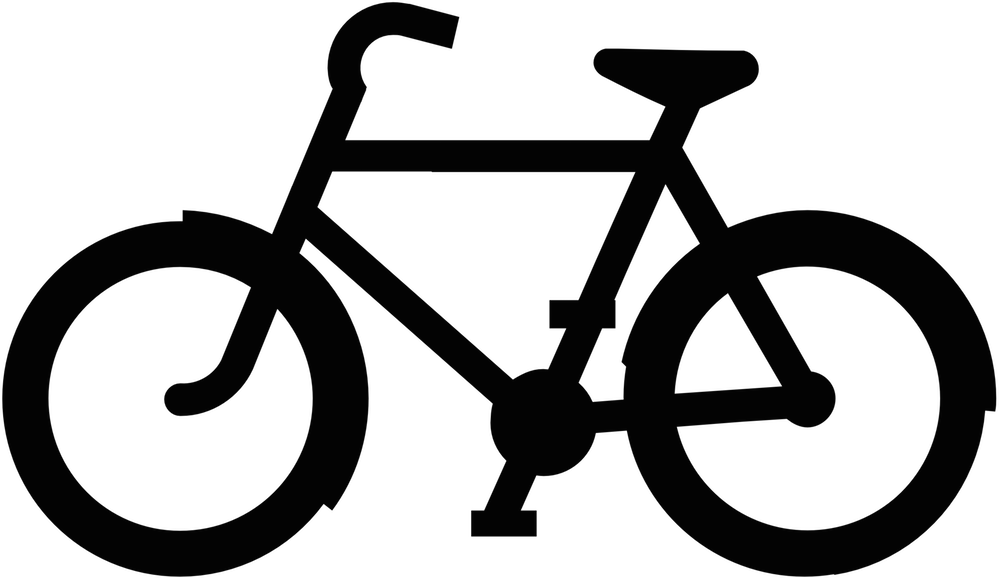
(The following piece was provided by State Sen. Will Brownsberger (D – Belmont) who also represents Watertown and parts of Boston)
When I cycled across the country in 2011, I saw a lot of roadkill. I was constantly aware that all it would take was one mistake by me or by one of those caffeinated guys in big rigs and I’d look about the same.
On the open road, I developed a profound gratitude towards the tens of thousands of drivers who did not hit me.
The Senate just approved a safety package that would require a clearance of at least three feet for vehicles passing vulnerable road users like highway workers, cyclists and pedestrians. It would add an additional foot of required clearance for each ten miles per hour of speed.
The package also would mandate side guards on big trucks used by or for the Commonwealth of Massachusetts. We cannot regulate trucks in interstate commerce, but the measure is a start towards reducing the gruesome slide-under accidents that are all too common on urban roads.
The bill includes several other modest measures: better reporting on accidents involving cyclists and pedestrians, lower speed limits on state roads in thickly settled areas (governed by local choice) and a requirement that cyclists have rear red lights (in addition to the already-required white front light and rear red reflector).
The package should help reduce road injuries and I’m hopeful it will also pass the House.
The most important thing we could do to improve safety for everyone is to reduce distracted driving. I’ve now voted twice now to ban hand-held cell phone use by drivers, but so far that legislation has not made it to the Governor’s desk.
An idea we should keep studying is automated enforcement — red light and speed cameras. Cameras raise privacy concerns. In other states, municipalities have abused cameras to generate revenue. Automated enforcement hasn’t gained traction in Massachusetts, but I’m hopeful that, perhaps in the next session, we can develop an approach that works.
I often hear from annoyed drivers and frightened pedestrians calling for licensing of cyclists and registration of bikes. Their complaints are legitimate: Cyclists tend to continue or swerve when they should simply stop. Starting on a bike can be hard work for tired legs. Because stopping means starting, subconsciously cyclists hate to stop.
Still, I’m opposed to cyclist licensing. It wouldn’t be cost-effective. We license drivers and register motor vehicles because of the enormous damage they can do — motor vehicles are vastly heavier and faster than bicycles. Cyclists often annoy drivers. They often frighten pedestrians. They very occasionally harm pedestrians, but they do a miniscule fraction of the annual damage that motor vehicles do.
There is a conversation that we need to keep having with and among cyclists about road behavior. In 2008, I helped pass legislation to make it easier to ticket cyclists. Unfortunately, the truth is that urban police rarely have the time to ticket motorists, much less cyclists. So, it’s more about education.
Cycling and walking are healthy, exhilarating and good for the environment. I will continue to work to protect cyclists and pedestrians, but also to encourage cyclists to ride responsibly.

Will, as a fellow cyclist, I must agree with you: the majority of motorists are careful and courteous with regard to bicycles and we must give them credit for that. But there is a dangerous minority who drive aggressively and carelessly, and who are a threat to all their fellow humans, whether drivers, pedestrians or cyclists. We all need to be conscious–when we are driving–of the damage that we can do, not only to others, but to ourselves and those who matter to us as well. When an accident happens, it is a bad day for all, and potentially life changing.
Keep pushing for a ban on hand held cell phone use by drivers.
I too am a cyclist and would, of course agree, cyclists, pedestrians and drivers need to be more cautious sharing the road. But we expect pedestrians to have sidewalks, in urban trafficked areas there should be protected bike lanes and dedicated traffick light that enable cyclist to start before cars. Getting doomed is by far the most frequent cyclist collision.
Also, as a matter of making roads safer, having traffick flow more smoothly, saving energy & reducing climate changing emissions from vehicles, intersection sensors should actually work because now, in Watertown, they do not. Anyone who has waited & idled for minutes at a red light on the city’s major roadways when there is no traffick from the intersecting street knows we do not have smart traffic lights.
Finally, it’s long, long overdue that intersections at Watertown square, Mt Auburn & Route 2, North Beacon &Soldiers Field Rd are dysfunctional & dangerous. We need to think creatively to find real solutions. Watertown is undergoing an historic transformation. Increased traffic will kill the quality of life AND people. This is the time for action. I applaud some of the measures taken on Trapelo Rd and Mt Auburn but they’re not enough. Here’s looking at you Main Street.
Finally, pedestrians who cross streets with earphone, using their cell phones, oblivious to their surroundings put the responsibility for protecting their lives in the hands of drivers need to be fined. Yes, let’s vigorously enforce the laws for all who use the streets. I just don’t buy the “we can’t afford it” argument. We have to buy it…the cost to our city in lives lost and destroyed by outdated streets is going to increase. We need to pay for a multimodal transportation system that works otherwise we’ll be slowly, inevitably, grinding to a deadly future.
Let’s be realistic bike lanes are a menace and very dangerous in this part of the state. The roads were built over 100 yrs ago. Cyclist should be registered and pay excise tax to travel the same road cars do and be accountable to the laws of the road. I often travel to Kendall Sq. and see constant disregard for the rules by cyclist. As far as as video surveillance law enforcement, I would support it 100% if the cyclist were also held to the same rules of the road. It could be a great revenue stream stacking up all their violations.
Bike lanes are a menace? To whom? I think you have it upside down.